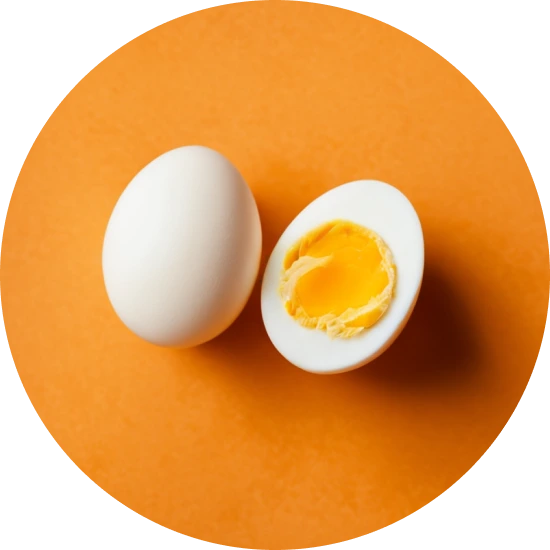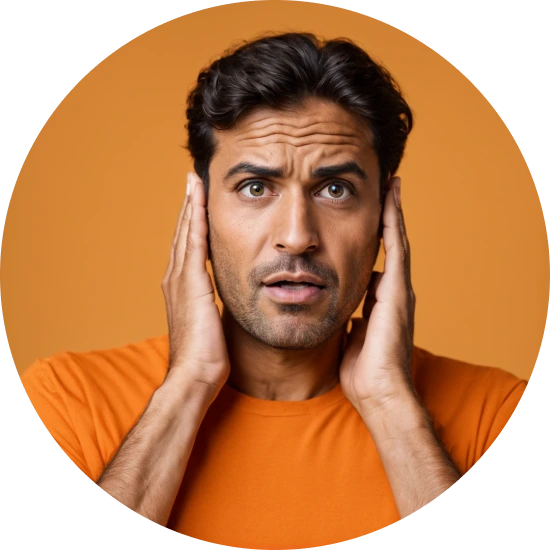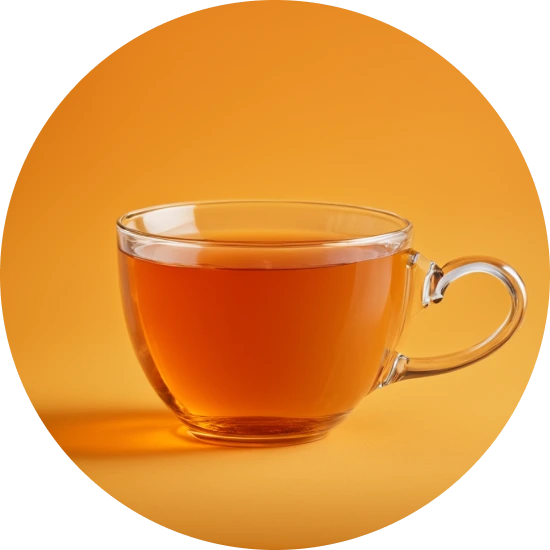Explore the Family Name Mao
How common is the last name Mao in the United States?
According to the Decennial U.S. Census data, the popularity of the surname Mao has seen a significant rise from 2000 to 2010. The rank of the surname advanced from 7578 in 2000 to 6153 in 2010, representing an 18.8% increase. In terms of actual count, there were 4047 individuals with the surname Mao in 2000, which surged to 5565 in 2010, marking a substantial growth of 37.51%. Consequently, the proportion of this surname per 100k population also grew by 26%, moving from 1.5 to 1.89.
| 2000 | 2010 | Change | |
|---|---|---|---|
| Rank | #7,578 | #6,153 | 18.8% |
| Count | 4,047 | 5,565 | 37.51% |
| Proportion per 100k | 1.5 | 1.89 | 26% |
Race and Ethnicity of people with the last name Mao
Discussing the ethnic identity associated with the surname Mao, the Decennial U.S. Census data reveals that most bearers of the name identified as Asian/Pacific Islander. This group increased from 92.78% in 2000 to 94.77% in 2010, indicating a rise of 2.14%. Conversely, those identifying themselves as belonging to two or more races decreased by 43.21%, and the percentage of White identifiers also fell by 28.57%. There was no representation from the Hispanic community in 2010, while those identifying as Black increased to 1.01%. The American Indian and Alaskan Native category remained constant at 0%.
| 2000 | 2010 | Change | |
|---|---|---|---|
| Asian/Pacific Islander | 92.78% | 94.77% | 2.14% |
| Two or More Races | 3.61% | 2.05% | -43.21% |
| White | 2.17% | 1.55% | -28.57% |
| Black | 0% | 1.01% | 0% |
| Hispanic | 0.86% | 0% | 0% |
| American Indian and Alaskan Native | 0% | 0% | 0% |
Mao ancestry composition
23andMe computes an ancestry breakdown for each customer. People may have ancestry from just one population or they may have ancestry from several populations. The most commonly-observed ancestry found in people with the surname Mao is Chinese, which comprises 80.5% of all ancestry found in people with the surname. The next two most common ancestries are Indonesian, Thai, Khmer & Myanma (6.4%) and Korean (3.8%). Additional ancestries include Vietnamese, Manchurian & Mongolian, Chinese Dai, British & Irish, and Eastern European.
Ready to learn more about your ancestry? Get the most comprehensive ancestry breakdown on the market by taking our DNA test. Shop 23andMe
| ANCESTRY BREAKDOWN | COMPOSITION |
|---|---|
| Chinese | 80.5% |
| Indonesian, Thai, Khmer & Myanma | 6.4% |
| Korean | 3.8% |
| Other | 9.3% |
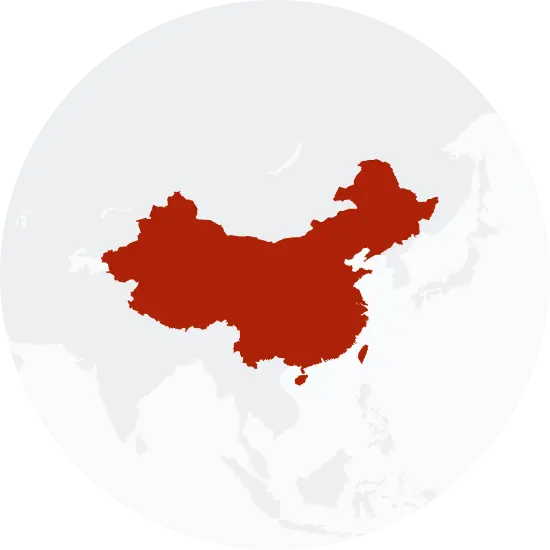
Possible origins of the surname Mao
Your DNA provides clues about where your recent ancestors may have lived. Having many distant relatives in the same location suggests that you may all share common ancestry there. Locations with many distant relatives can also be places where people have migrated recently, such as large cities. If a large number of individuals who share your surname have distant relatives in a specific area, it could indicate a connection between your surname and that location, stemming from either recent ancestral ties or migration.
Based on 23andMe data, people with last name Mao have recent ancestry locations in China and Taiwan.
| RECENT ANCESTRY Location | Percentage |
|---|---|
| Guangdong, China | 23.40% |
| Fujian, China | 22.80% |
| Zhejiang, China | 22.80% |
| Jiangsu, China | 22.80% |
| Sichuan, China | 22.80% |
What Mao haplogroups can tell you
Haplogroups are genetic population groups that share a common ancestor on either your paternal or maternal line. These paternal and maternal haplogroups shed light on your genetic ancestry and help tell the story of your family.
The top paternal haplogroup of people with the surname Mao is O-F46, which is predominantly found among people with East Asian & Indigenous American ancestry. Haplogroup O-F46 is descended from haplogroup O-M1359. Other common haplogroups include O-F81 and O-Page124, which are predominantly found among people with East Asian & Indigenous American and East Asian & Indigenous American ancestry. Other surnames with similar common haplogroups are: Zhu, Hu, Xu, Shen, Sun, Li, Zhang, Wang, Zhou, Lu.
The most common maternal haplogroups of people with Mao surname are: M, R, M7b. These most commonly trace back to individuals of East Asian & Indigenous American and European ancestry.
 Paternal Haplogroup Origins O-M1359
Paternal Haplogroup Origins O-M1359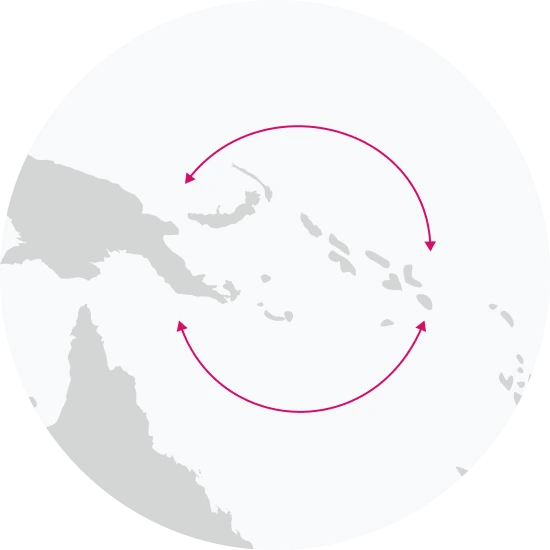
Your paternal lineage may be linked to many of the Massim groups of Papua New Guinea
Haplogroup O2a is prevalent among Massim ethnic groups, including the populations of Airara, Nomanby, the eastern tip of the mainland, the Trobriand Islands, Gawa, Woodlark, the Laughland Islands, and western Calvados. While Papua New Guinea has been inhabited for over 50,000 years, the Massim may have arrived in the last 2,000 years. Today, these populations remain connected through a traditional island trading system called the Kula Ring. Under this exchange system, residents ensure that goods that are only available on some islands, but that are vitally needed in other islands, are shared among the island populations. Only Massim men participate in the Kula exchange system, and it is common for men to be away from home for months at a time when trading with men from other islands.
Your maternal lineage may be linked to the ancient people of the Indian subcontinent
While Haplogroup M is widespread throughout South and East Asia, it is more diverse on the Indian sub-continent than anywhere else in the world. The high degree of diversity of M in India is likely tied to its ancient arrival here nearly 50,000 years ago. In addition to M2, which is found throughout the subcontinent, there are dozens of haplogroups branching off of M that exist in India. These branches are often connected to specific regions, tribes, or ethnic groups. For example, haplogroup M18 is found among the Oraon peoples of eastern India and Bangladesh, while haplogroup M41 is common among the Pardhan speakers of eastern India, and haplogroup M31a can be found on the Andaman Islands, just off the southeast coast of India.
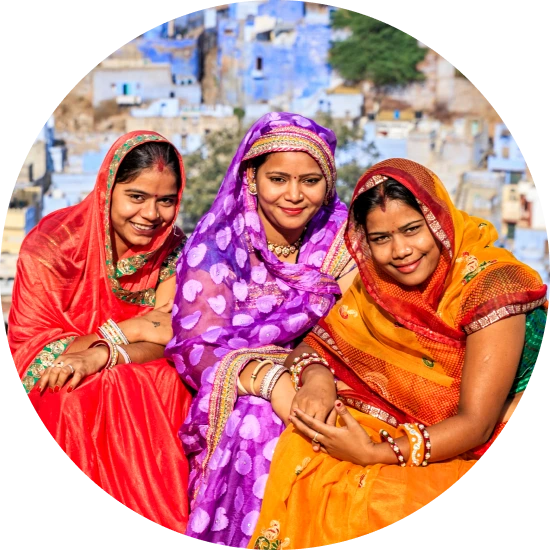
What do people with the surname Mao have in common?
Spoiler alert: it's complicated. People with the same last name are usually no more genetically similar than a randomly sampled group of people from the same population. That said, people with the same surname are more likely to have similar ancestries than randomly sampled individuals. The reason is the tendency of people with similar cultural or geographical backgrounds to preferentially mate with one another. That's why people who share a surname may be more likely to share traits and tendencies in common than people within the general population. Check out the percentages below to see the prevalences of tastes, habits, and traits of people with your surname compared with prevalences among 23andMe users.
Preferences
Traits
Habits
Are health conditions linked to the last name Mao?
The short answer is that, if there is an association between surname and health, it's usually more about your ancestry than your name. Individuals with a given surname are no more genetically similar than the general population but often have similar ancestries. The populations of people associated with those shared ancestries often have sets of genetic variations, also known as alleles, in common. Some of those alleles are associated with a greater likelihood of developing certain diseases.
Disease variant frequency by ancestry
Disease allele frequencies in populations associated with the surname Mao are shown below. Important Note: not everyone with a disease allele will develop these health condition





